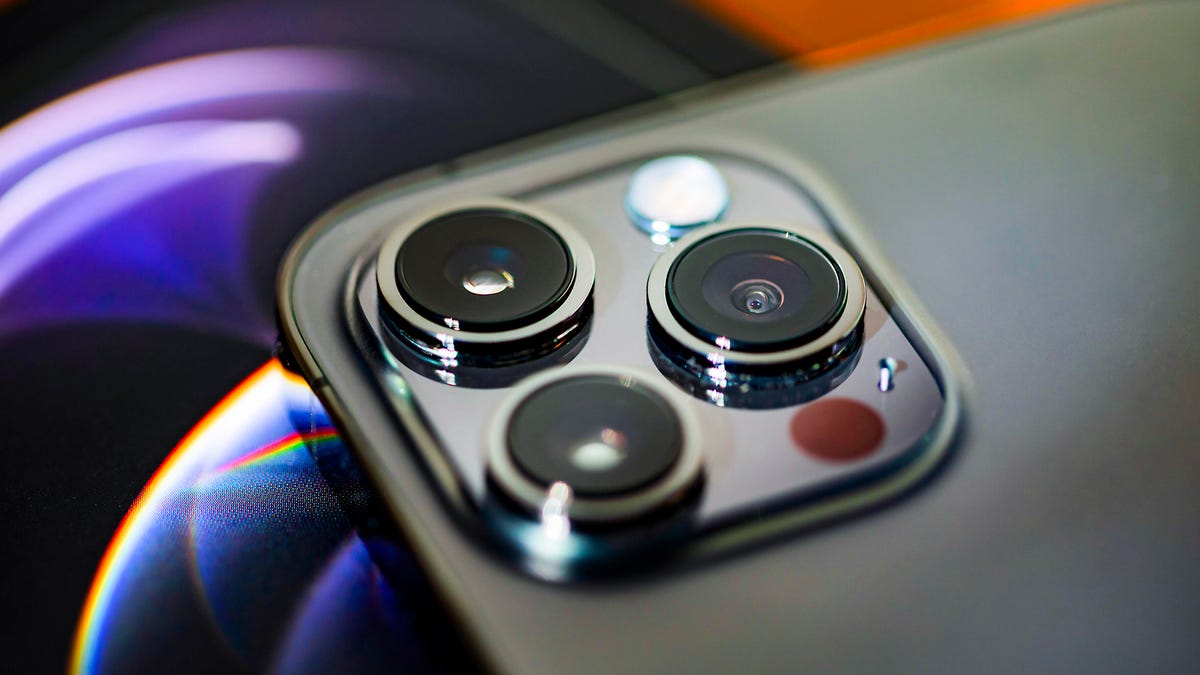Well, Starlink is a totally different kind of satellite communications service. It doesn't compete with the services the chipset supports that Apple may end up using. Starlink is for satellite internet access from fixed locations, whereas satellite comms via services like Globalstar (the one mentioned in the article linked in this thread), Iridium, and Inmarsat would be utilized for voice/data comms from mobile devices.
The reason Globalstar was mentioned as being likely is because that is the service that Qualcomm helped start as a joint venture and it's the Qualcomm chipset, not Apple's own chipset, that would support that kind of communication. Apple has been using Qualcomm chipsets for comms for years.
I think it would be great to have satellite comms support in a mainstream mobile phone, but I think it's unlikely that it will happen here if only for the fact that I don't see how a suitable satellite antenna would be able to fit inside the body of an iPhone. Additionally, enabling satellite comms would be a huge battery drain when there's poor or no signal coverage. Anyone with a Garmin inReach will be able to tell you how quickly the battery drains when it keeps trying to sync.
It's just not feasible, IMO.


 www.cnet.com
www.cnet.com








